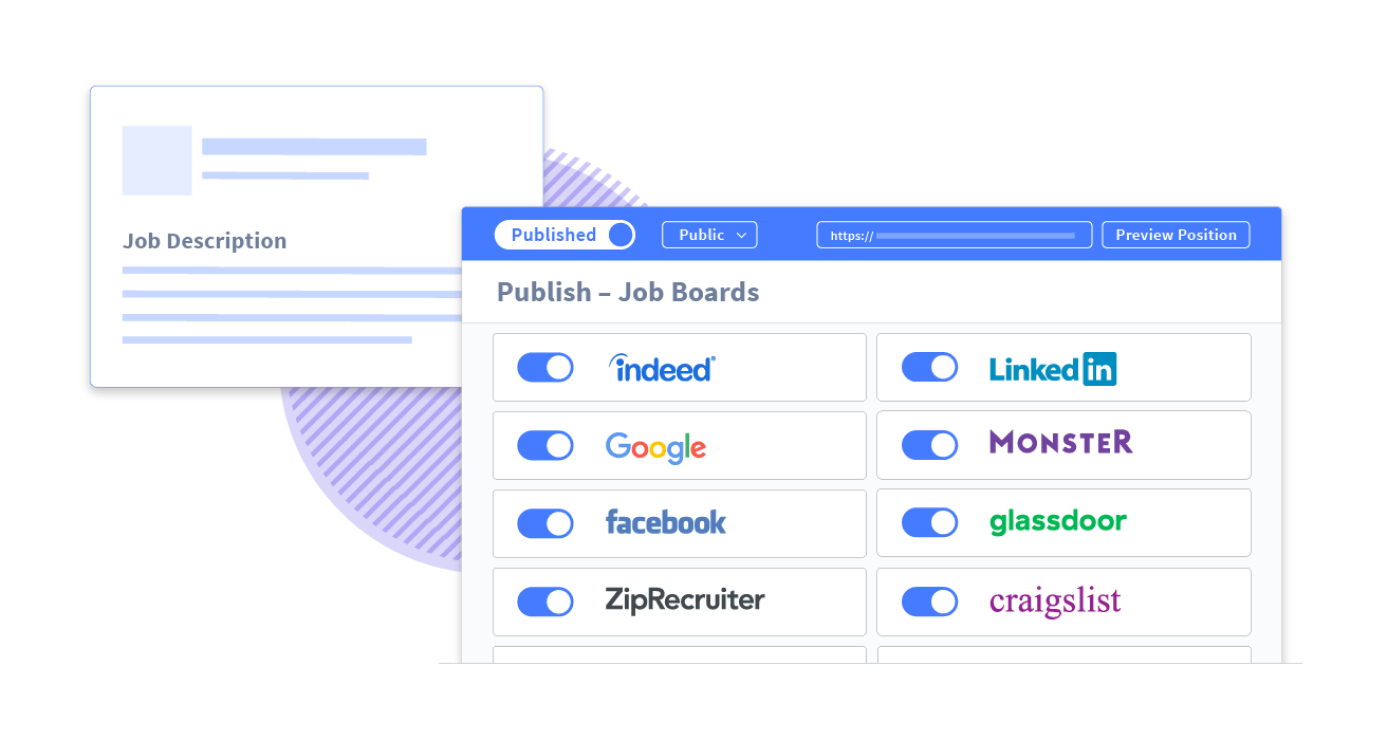Hire Rehab Counselors
Whether a disability is physical, emotional, mental, or developmental, a rehab counselor’s role in providing support is crucial to improving their patient’s quality of life. They help people achieve their own goals and live full, rich lives.
Individuals with disabilities can be young people with congenital health problems, elderly with new health limitations, injured, or anybody coping with a limitation, whether temporary or permanent. Rehab Counselors work in rehabilitation centers, hospitals, state government facilities, family and individual services, or residential care facilities. They work on a daytime schedule but may include some evening work if working with other healthcare practitioners.
Hiring a rehab counselor begins with defining the needs of the hiring healthcare facility. Does the facility cater to a particular group like the elderly, military, or young children? What is the schedule? These details will help hiring managers create an accurate job description for candidates. Make sure to include interesting information about your organization or the rehabilitation team. Will you be able to share some goals or highlights that you have achieved? The inclusion of these details will make your job description stand out from others and pique the interest of candidates.
Do not forget to include a clear call to action towards the end of the job description. How can candidates reach you? What documents do they need when they send their application? Where do they send them? Finally, look for relevant online hiring platforms and other sites where you can post your job announcement. These may include websites, social media, healthcare-specific online groups, and communities.
Responsibilities of a Rehab Counselor
Rehab counselors are sometimes mistaken for addiction counselors or mental health counselors. There is a distinct difference among the three. Rehab Counselors work with clients with any form of disability with the ultimate goal being for their patients to learn to physically and emotionally adjust to their disability.
Upon consulting with new patients, rehab counselors assess their abilities and needs and consider their education level, health, interests, and personal goals. Rehab counselors then develop strategies that focus on their strengths and overcome limitations. They collaborate patients, their families, or other healthcare professionals in developing a treatment plan customized for each patient.
Rehab counselors also connect patients to available community resources. They help develop support networks for patients that may include family, friends, or other reliable community members. Lastly, rehab counselors maintain accurate records of patients, treatment plans, and observations in every session.
Skills and Qualifications of a Rehab Counselor
The ideal candidate for a rehab counselor is compassionate, empathetic, and professional. A bachelor’s degree is required in rehabilitation and disability studies, psychology, social science, behavioral science, or a related field, as well as a master's degree in rehabilitation counseling. Depending on the state, candidates may also be required to have a license to practice the profession. Candidates should be exceptional communicators with strong social skills, problem-solving skills, and sensitivity towards others.








